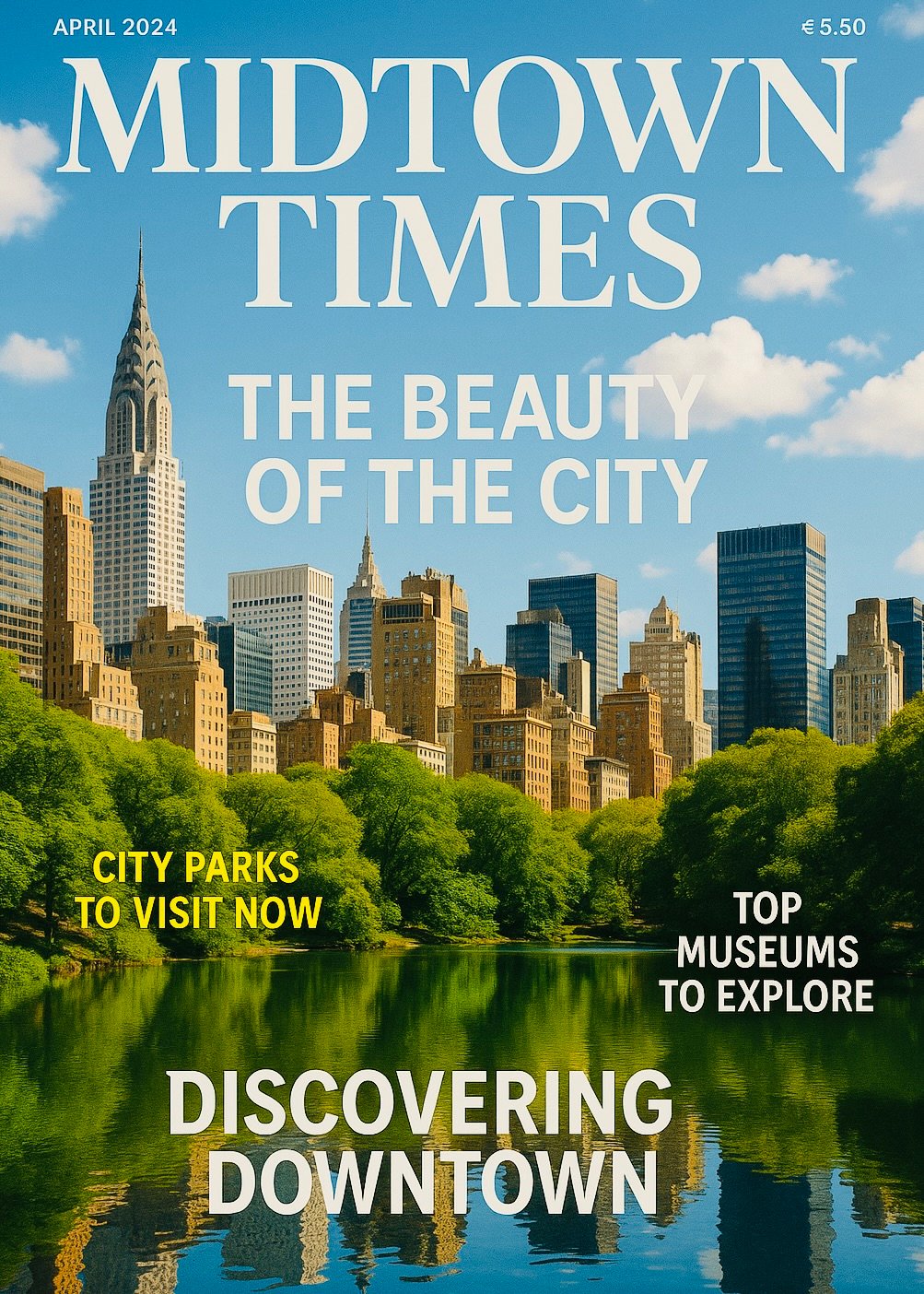Los Angeles, CA – Diane Keaton, the singularly original and endlessly charismatic actress whose career spanned more than five decades across comedy and drama, has died at 79. Her death was confirmed by Dori Rath, a longtime collaborator and producer of several of Keaton’s later films. No details were provided regarding the time, place, or cause of death.
Keaton, known for her quirky humor, self-effacing wit, and effortless blend of vulnerability and confidence, left an indelible mark on American cinema. She appeared in more than 100 film and television roles, effortlessly shifting between screwball comedies like Sleeper (1973) and The First Wives Club (1996) and gripping dramas such as The Godfather series and Marvin’s Room (1996).
The Rise of an Icon
Born Diane Hall on January 5, 1946, in Los Angeles, she grew up in Santa Ana, California, before moving to New York to study acting at the Neighborhood Playhouse. She first made her name on Broadway in the counterculture musical Hair, famously declining the extra pay offered to actors who agreed to appear nude.
Her partnership with Woody Allen began in the late 1960s when she starred in his play Play It Again, Sam, earning a Tony Award nomination. That collaboration would soon extend to film, defining a generation of romantic comedy.
‘Annie Hall’ and Hollywood Stardom
By 1977, Keaton was already a rising star, but her role as the neurotic, stylish, and irresistibly authentic title character in Annie Hall made her a cultural phenomenon. Her performance earned her the Academy Award for Best Actress, along with numerous honors from the National Board of Review, the New York Film Critics Circle, and BAFTA.
At the Oscars, Keaton accepted her award wearing her now-legendary layered outfit: a linen jacket, flowing skirts, a tie, and high heels with socks, an ensemble that symbolized both her individuality and her defiance of Hollywood norms. Woody Allen once said, “With the exception of Judy Holliday, she’s the finest screen comedienne we’ve ever seen.”
A Career of Depth and Diversity
Though she would forever be linked to Annie Hall, Keaton’s range was far wider. She earned three additional Oscar nominations, for Reds (1981), Marvin’s Room (1996), and Something’s Gotta Give (2003).
In Reds, directed by Warren Beatty, she portrayed journalist Louise Bryant, navigating love and revolution in early 20th-century Greenwich Village. In Marvin’s Room, she gave one of her most poignant performances as a selfless daughter facing her own mortality, opposite Meryl Streep and Leonardo DiCaprio. Two decades later, she redefined mature romance in Something’s Gotta Give, playing a playwright caught between Jack Nicholson’s aging playboy and Keanu Reeves’ charming doctor.
The Director and Storyteller
Keaton also worked behind the camera, directing the thought-provoking documentary Heaven (1987) and the tender coming-of-age film Unstrung Heroes (1995), which was screened at the Cannes Film Festival’s Un Certain Regardsection. She later directed and starred in Hanging Up (2000), alongside Meg Ryan and Lisa Kudrow.
A Signature Style and Spirit
Known for her menswear-inspired fashion, Keaton’s look featured wide-brimmed hats, vests, turtlenecks, and trousers, becoming as iconic as her voice. She brought the same individuality to her life off-screen, choosing never to marry and instead adopting two children, Dexter and Duke Keaton.
Her comedic energy extended into later hits such as Baby Boom (1987), Father of the Bride (1991, 1995), The First Wives Club (1996), The Family Stone (2005), and Poms (2019). With The First Wives Club, she joined Bette Midler and Goldie Hawn in a feminist comedy classic that turned midlife heartbreak into triumph.
Reflections and Legacy
In her 2014 memoir Then Again, Keaton reflected with humor and humility on her life and career, writing, “I learned I couldn’t shed light on love other than to feel its comings and goings and be grateful.” She often downplayed her fame. “Getting older hasn’t made me wiser,” she told People in 2019. “I don’t know anything, and I haven’t learned.” But to audiences, she was more than wise; she was a revelation: honest, unfiltered, and dazzlingly human.
Diane Keaton’s body of work remains a testament to a woman who refused to be categorized. Whether as a neurotic romantic, a tender caregiver, or a fearless comedienne, she redefined what it meant to be a leading lady, on her own terms.
By The Midtown Times — Adapted from reporting by Anita Gates, The New York Times
October 12, 2025 — Los Angeles, CA


